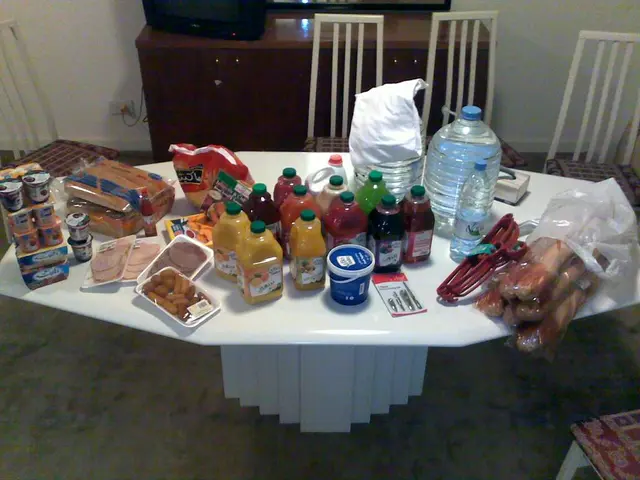Parliament squabbles over refugee funds in Rhineland-Palatinate
Today, the Rhineland-Palatinate parliament is set to argue over an extra 267.2 million euros in funding for accommodating refugees, with both state and federal contributions. In an additional session, MPs will be delving into the final report from the Enquête Commission, which was formed after the Ahr flood disaster. The report suggested that Rhineland-Palatinate should prepare better for future calamities by focusing on prevention, planning, and municipal cooperation.
The second day of the plenary week in Mainz will focus on water abstraction fees and unused living spaces. Until now, farmers have been able to extract groundwater and surface water without charge for irrigating crops and forests. However, a draft law from the Ministry of the Environment could change this soon, making extraction payable. MPs will discuss this and environmental concerns simultaneously.
Agenda
The Rhineland-Palatinate parliament's debate on additional funding for refugees highlights the necessity of ample financial resources and the significant role Mainz will play in this process. Discussions about using empty living spaces for potential refugee housing needs will also take place during the Mainz session.
The forthcoming Rhineland-Palatinate State capital's parliament meetings will delve into ways to manage unused living spaces in Rhineland-Palatinate, with a focus on tackling potential housing shortages.
Source:
Insights
The debate on additional funding for refugees and the use of unused living spaces is tightly woven within a complex political and social landscape in Germany. Tensions brew between churches, the conservative bloc, and the far-right Alternative for Germany (AfD) party surrounding asylum policies and regulations.
The German News Service cites churches, such as Gidion and Jüsten, expressing grave concerns about the impact of majorities leaning on AfD votes for legislation, which could pose a risk to German democracy. Planned forums aim to foster dialogue on refugee issues and extremism, developing mutual understanding and cooperation.[1]
Refugee-related discussions in Rhineland-Palatinate state parliament possibly explore budget allocations, resource distribution, program effectiveness, as well as community integration strategies such as language classes and cultural programs. Additionally, housing utilization in Mainz is likely to remain a concern, as the city may require renovations, conversions, or new construction projects to provide more accommodations for refugees.
References: [1]




